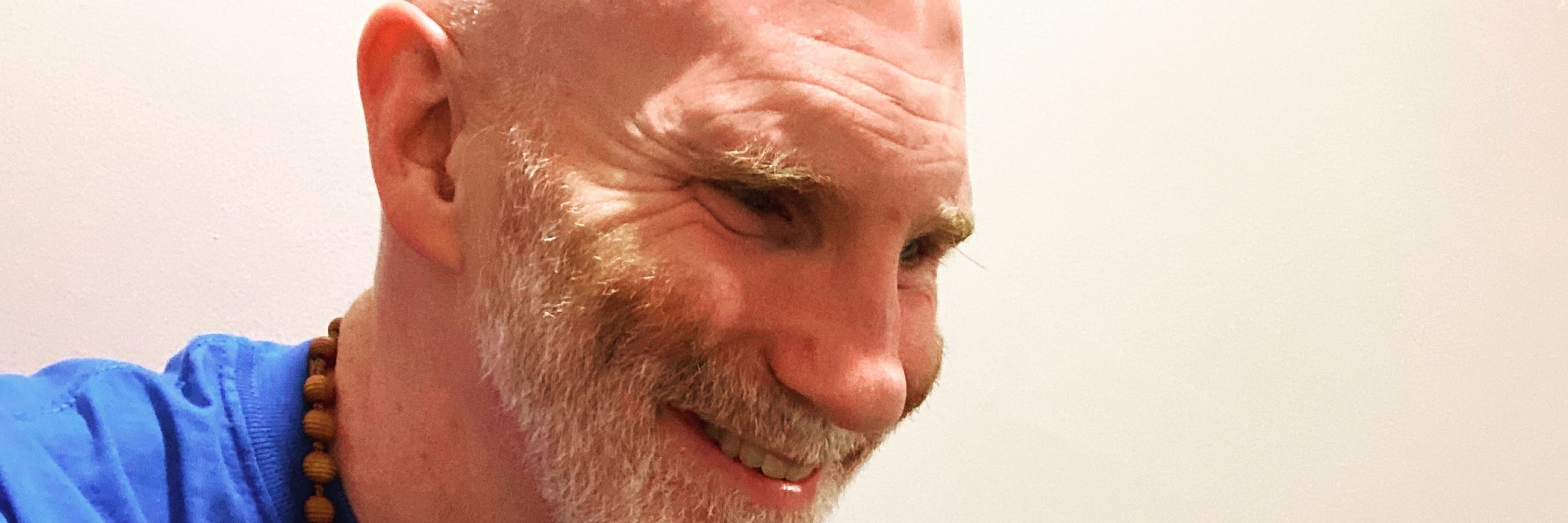Dr. Glenn Patrick Doyle
Psychologist; SEEK Safely board president; marathoner. Realistic, sustainable trauma & addiction recovery.
One day at a time.
- Our trauma conditioning will find a million ways to persuasively frame self-destructive behavior as "the right thing," the thing we "deserve," or the thing we "can't" avoid. It needs to convince us, because it needs us to play along & enable it. Don't bite.
- Experiencing or witnessing ageism & ableism can be highly triggering for trauma survivors who grew up feeling judged, unvalued, & excluded. Our triggers reflect & resonate with our injuries.
- Emotional intelligence will absolutely make you the black sheep or scapegoat of an abusive family, church, or peer group-- which is a sign that emotional intelligence & sensitivity are among your MOST potent recovery tools. If "they" consider it a weakness or flaw: look closer.
- Decisions you made when you were triggered do not represent your intelligence or skill-- they represent what a scared part of you truly believed needed to happen for you to survive. No shame.
- Safe relationships take time to build & require consistent effort to sustain-- including our relationship w/ ourselves. Realistic trauma recovery means intentionally rebuilding & nurturing our relationship w/ ourselves, without judgment or shame, every single day. No days off.
- You don’t have to achieve or prove anything to be worthy of positive visibility, dignity, or care.
- Remember that self-esteem is our relationship w/ ourselves-- & we can choose, with practice & effort, to exclude from that relationship our parents, the church we grew up in, our peer group, or anybody else who distorts & damages it.
- You are worthy of respect, support, & safety, regardless of what you have or have't accomplished, either today or in your life. Stubbornly refuse to buy into cultural metrics of personal "worth" that only exist to hijack your self-esteem & keep you rat racing harder.
- Easy does it. Stay in your lane & work your recovery. Don't let 'em hijack you-- you have life projects to actualize. Breathe; blink; focus. You're okay.
- People who make you feel like you owe them an apology for struggling or suffering probably don't belong in your inner circle as you work your trauma recovery. Most survivors have enough shame coming from enough sources-- we don't need the call coming from inside the house.
